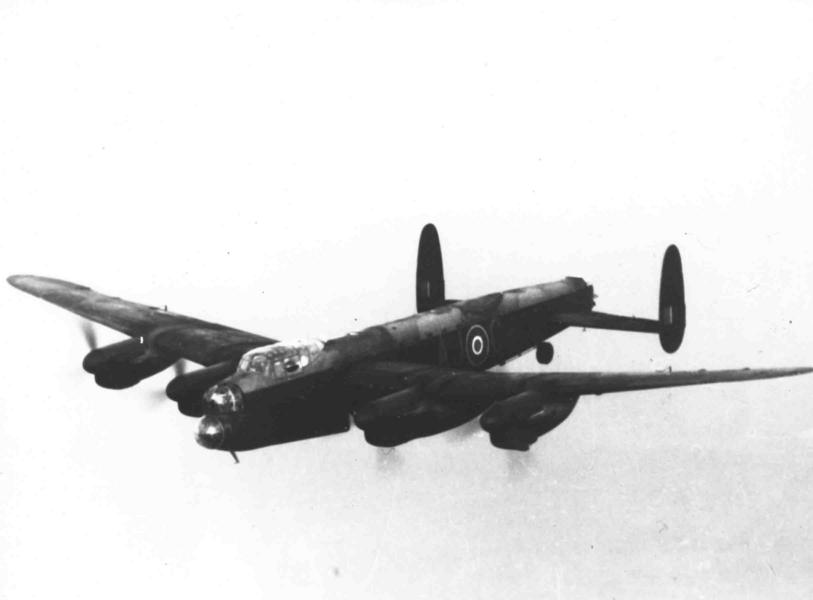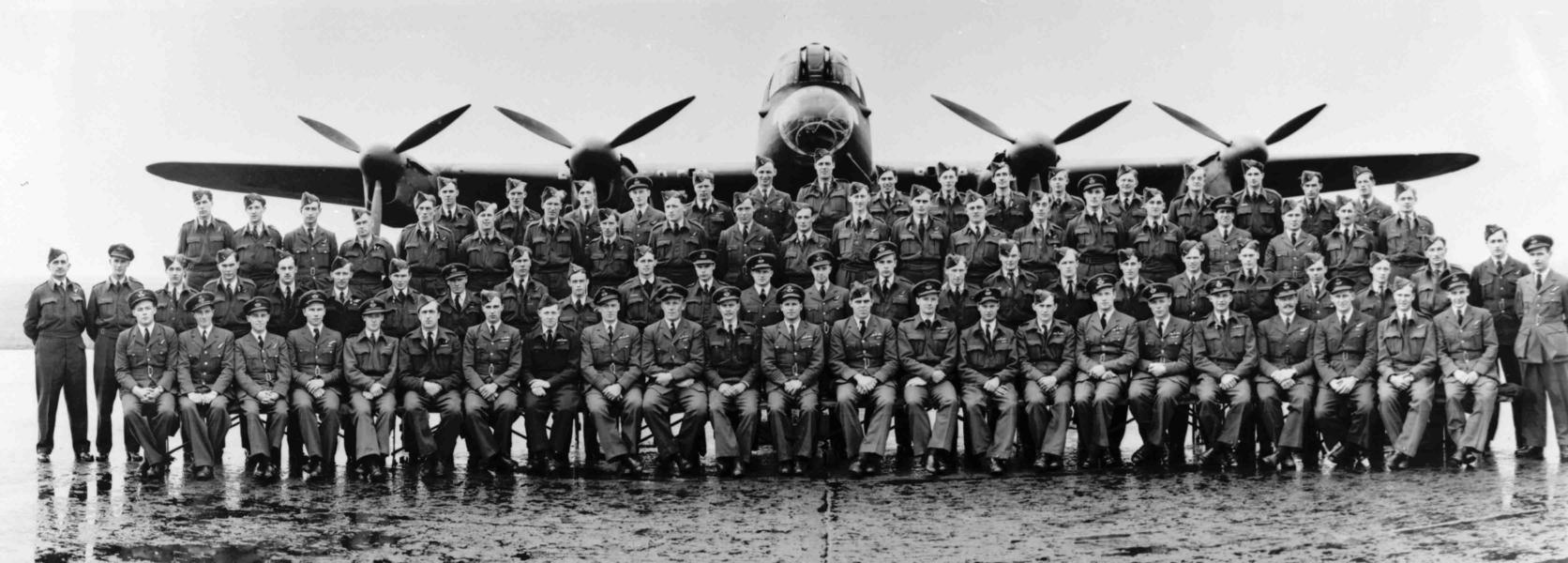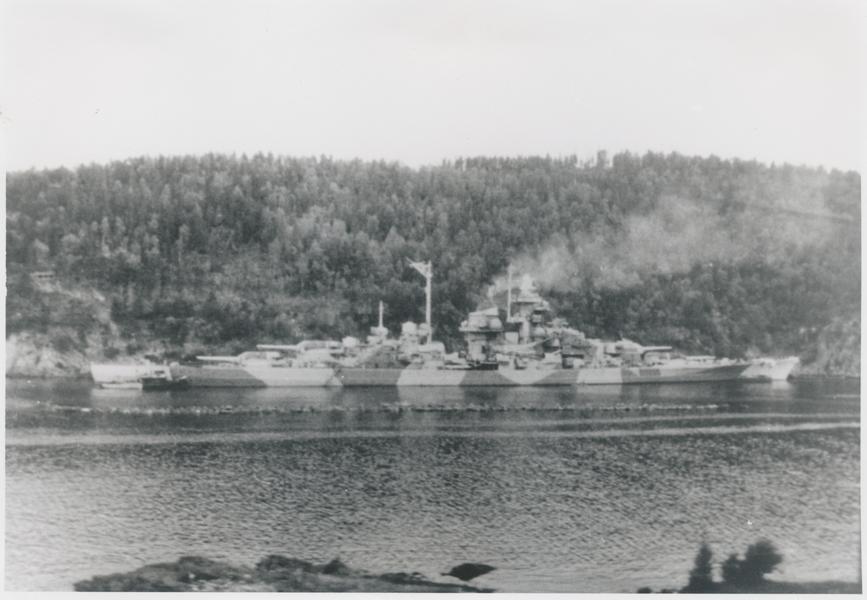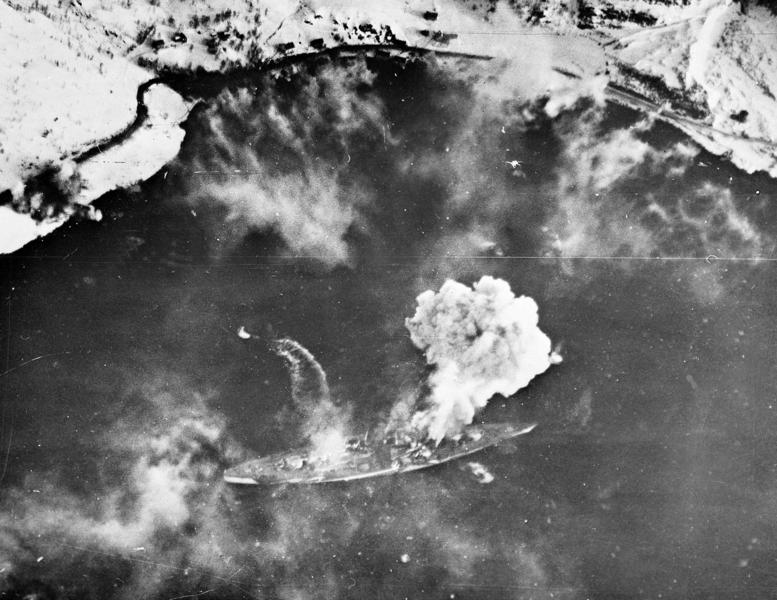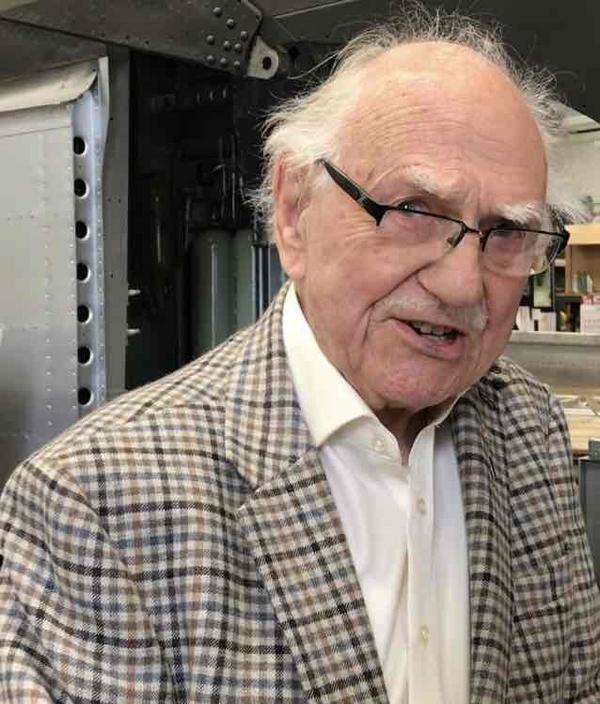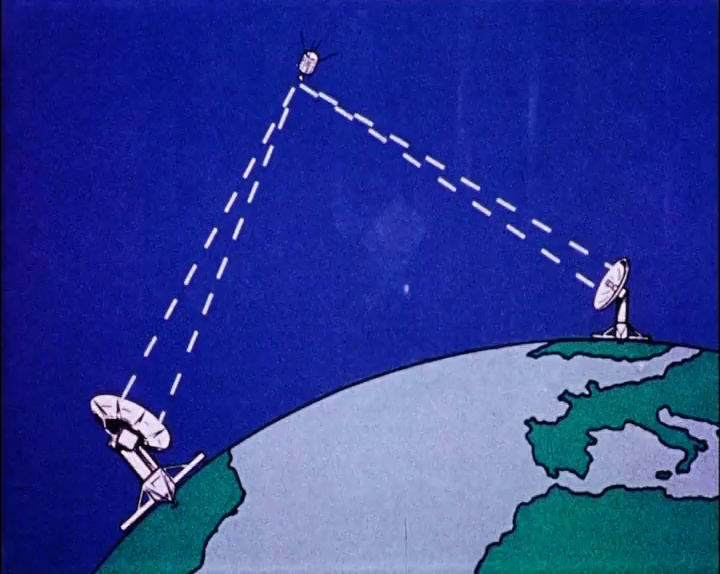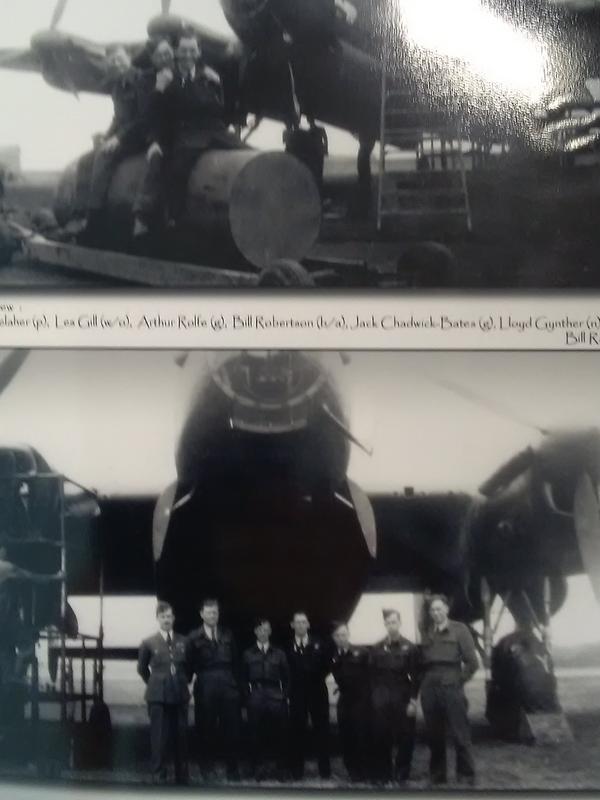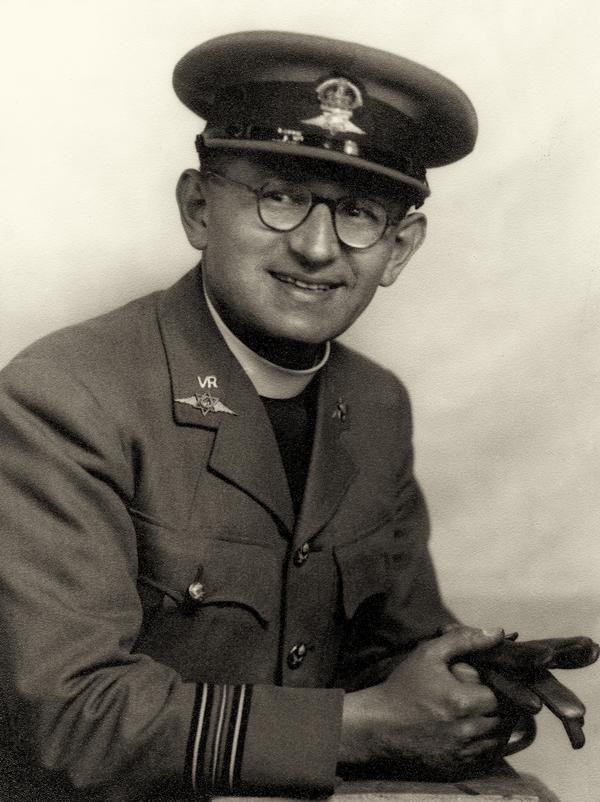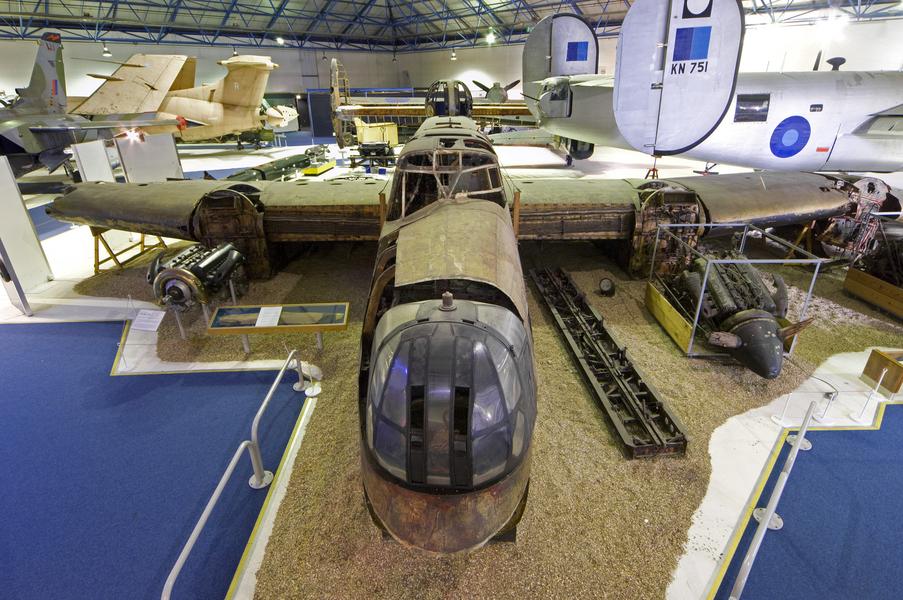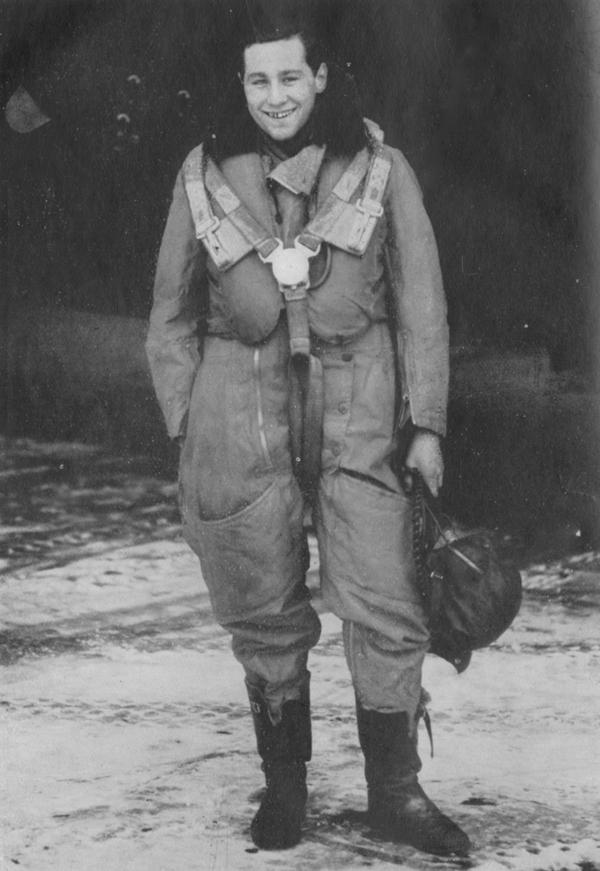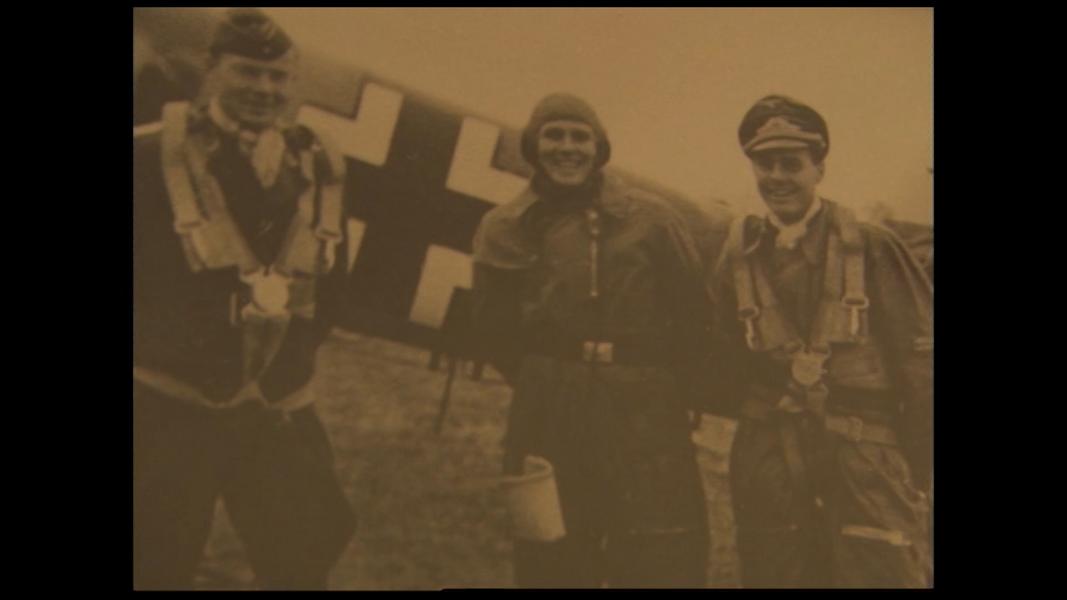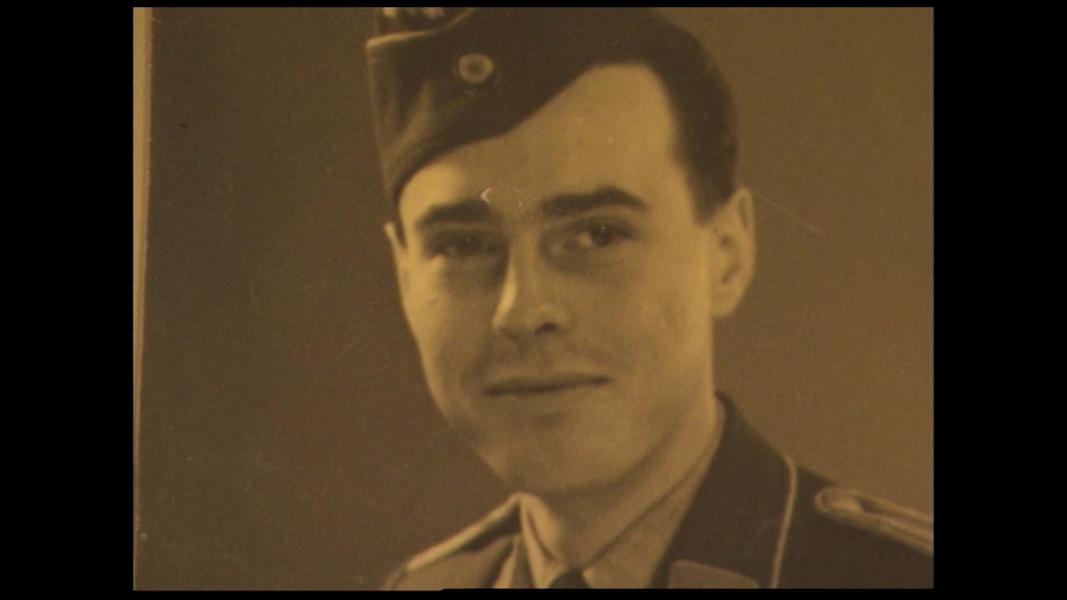part of a bomber command
and he served in Halifax aircraft initially
and then later in the Lancaster.
Very often, the pilot gets all the praise and glamor
especially in a bomber aircraft
but in fact, the navigator is the brains of the aircraft.
And the men who were selected to serve as navigators
tended to be those very often
with the highest standard of education
certainly with highest scores
in mathematics and trigonometry.
The ones who could think under fire
who could compute a course, read a map,
find the location above the ground,
instruct the pilots in terms of where to fly next,
while being shot at.
And I think they had, without question,
the most difficult job on the aircraft.
Of course, everybody had a difficult job.
Everybody was in danger.
But, for the navigator to continue to perform
and to keep the aircraft tight within the bomber stream
to avoid collisions with other aircraft
while flack and explosions and knife fighters
are whizzing all around them.
With the casualty rate of upwards of 5% on every mission,
fatalities of 30% throughout the course of the war
for the entire organization.
That's just an incredible performance
and the men who did that were simply the best of the best.
